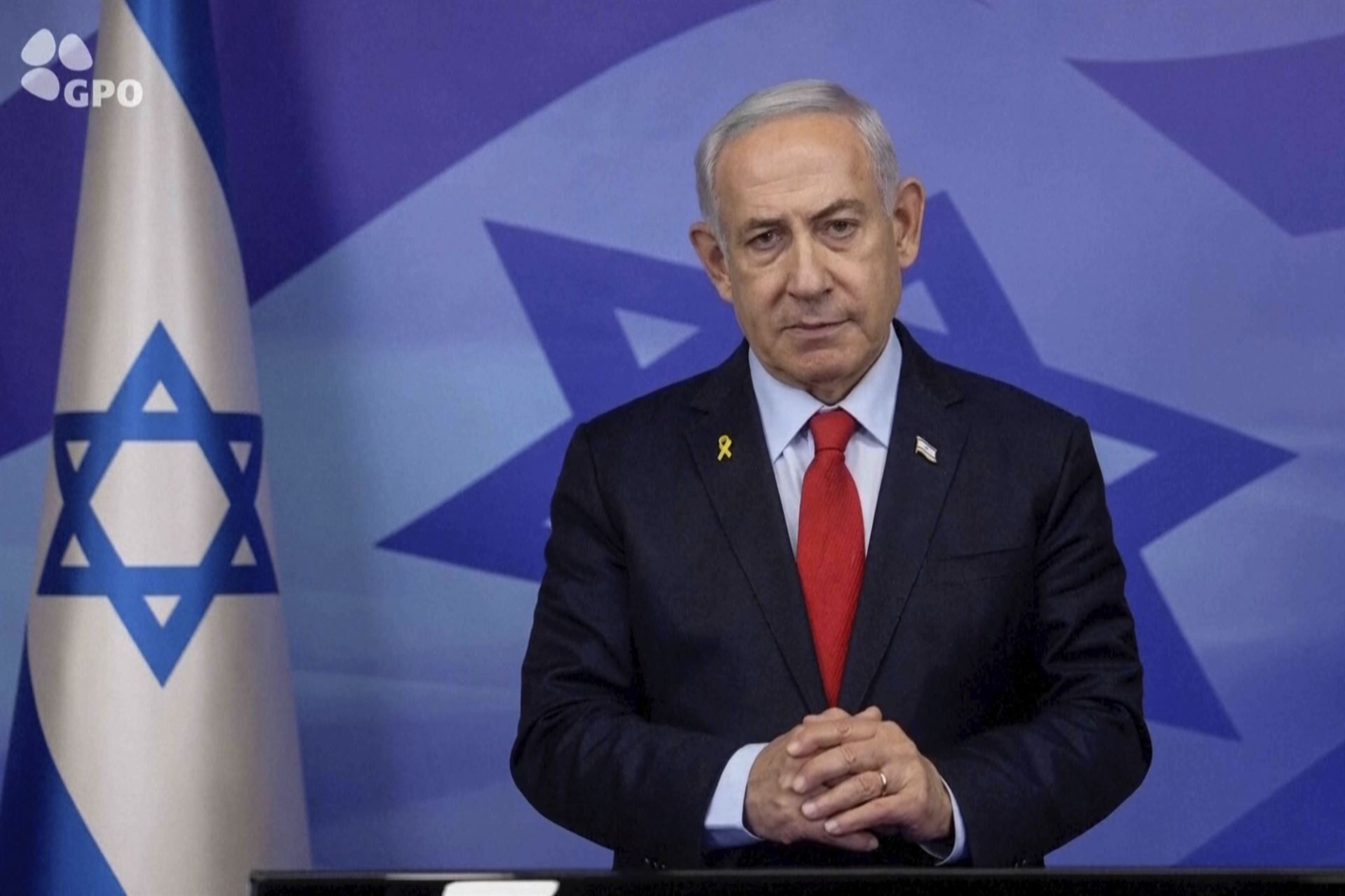
JERUSALEM - Israel has informed the International Criminal Court that it will contest arrest warrants for Prime Minister Benjamin Netanyahu and his former defense minister Yoav Gallant over their conduct of the Gaza war, Netanyahu's office said on Wednesday.
The office also said that US Republican Senator Lindsey Graham had updated Netanyahu "on a series of measures he is promoting in the US Congress against the International Criminal Court and against countries that would cooperate with it".
ALSO READ: EU foreign affairs chief says member states are obliged to implement ICC decision
The ICC issued arrest warrants last Thursday for Netanyahu, his former defense chief, and Hamas military leader Ibrahim Al-Masri, known as Mohammed Deif, for alleged war crimes and crimes against humanity in the Gaza conflict.
The move comes after the ICC prosecutor Karim Khan announced on May 20 that he was seeking arrest warrants for alleged crimes connected to the Oct 7 attacks on Israel by Hamas and the Israeli military response in Gaza.
READ MORE: ICC issues arrest warrants for Israel's Netanyahu, Gallant and Hamas leader
Israel has rejected the jurisdiction of the Hague-based court and denies war crimes in Gaza.
"Israel today submitted a notice to the International Criminal Court of its intention to appeal to the court, along with a demand to delay the execution of the arrest warrants," Netanyahu's office said.
READ MORE: ICC allows UK to submit arguments on jurisdiction over Israelis in Gaza case
Court spokesperson Fadi El Abdallah told journalists that if requests for an appeal were submitted it would be up to the judges to decide
The court's rules allow for the UN Security Council to adopt a resolution that would pause or defer an investigation or a prosecution for a year, with the possibility of renewing that annually.
After a warrant is issued the country involved or a person named in an arrest warrant can also issue a challenge to the jurisdiction of the court or the admissibility of the case.


